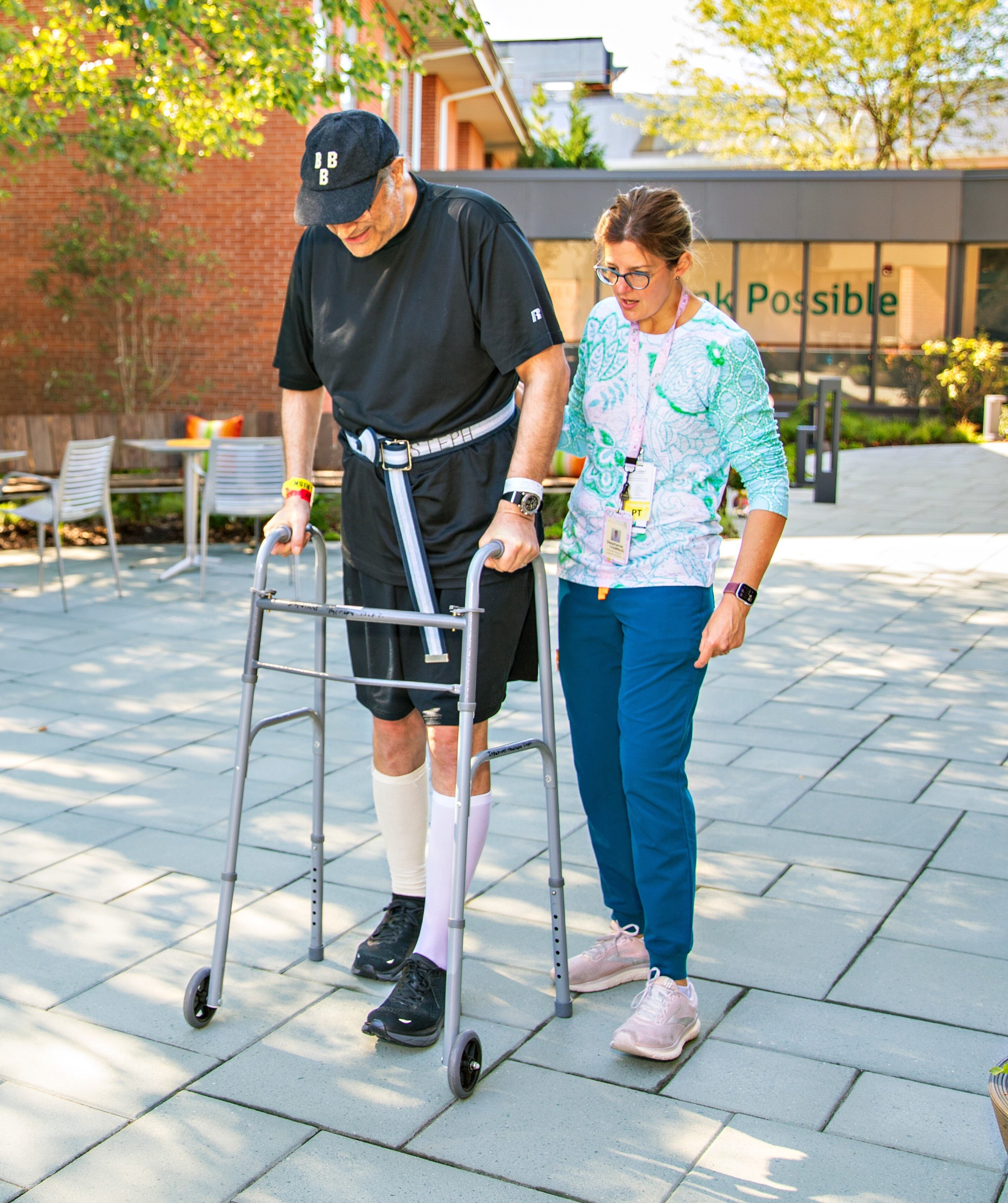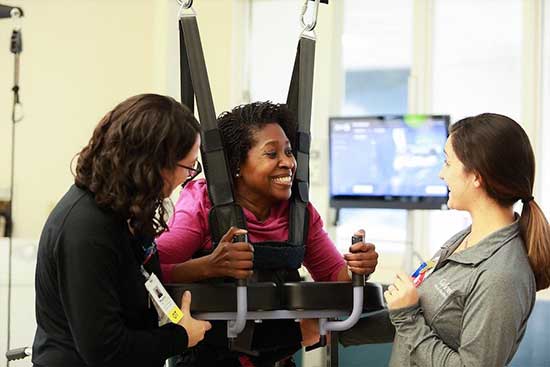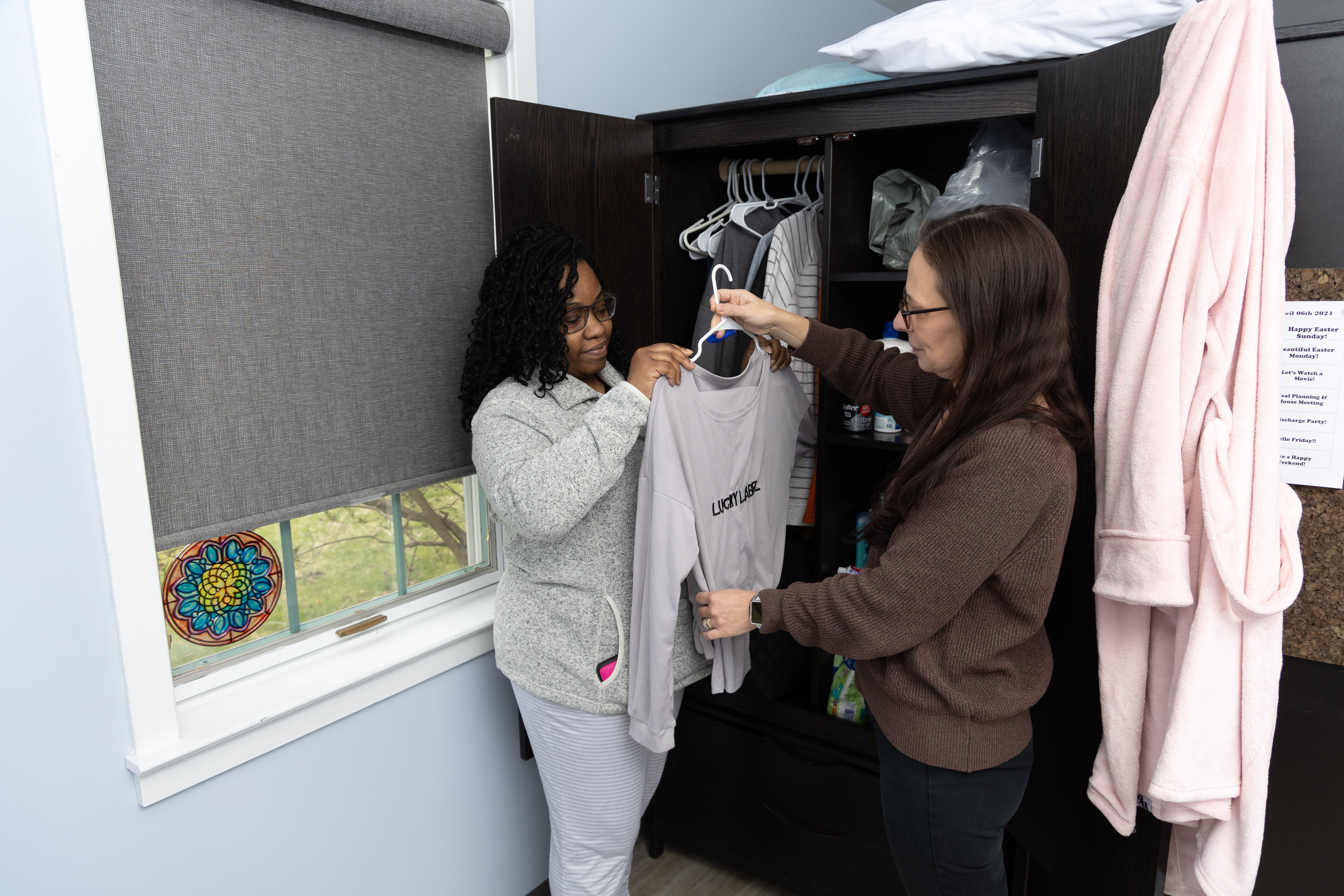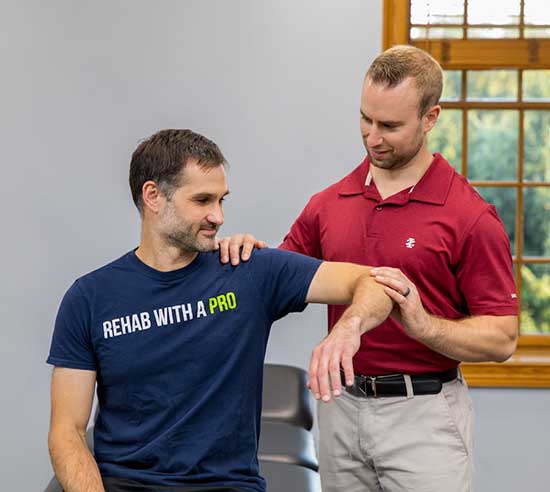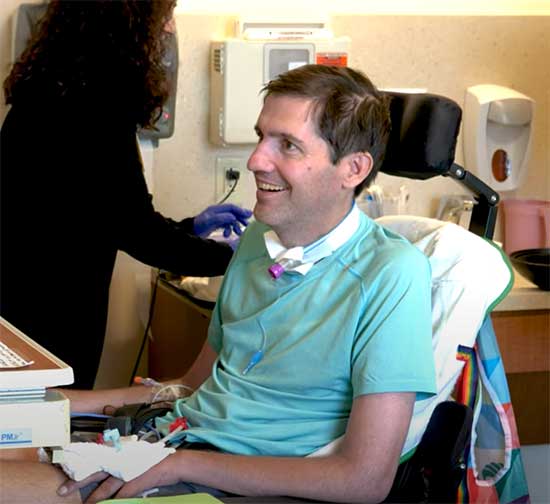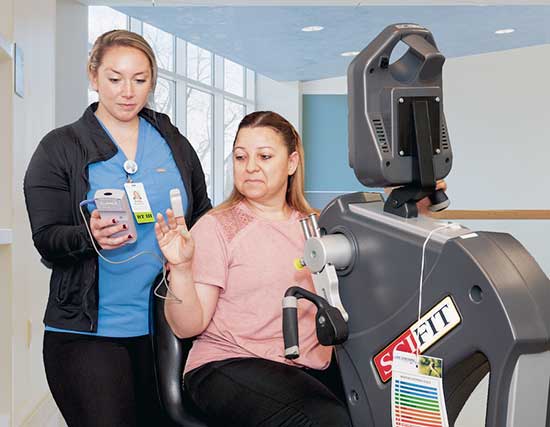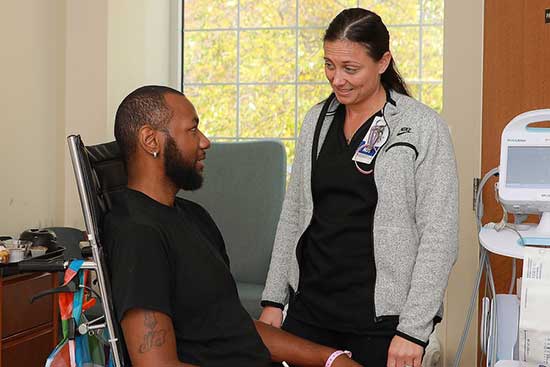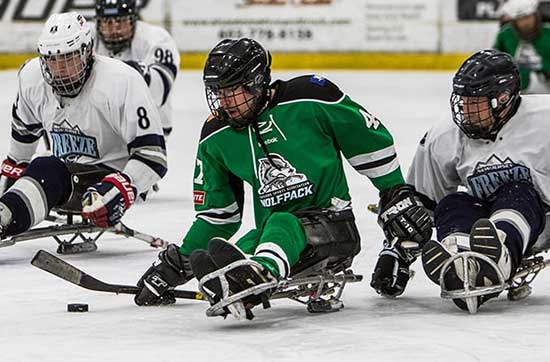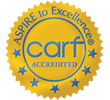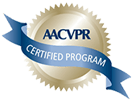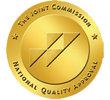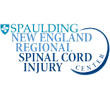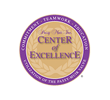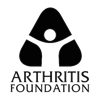Think Possible
Comprehensive inpatient and outpatient care throughout your entire rehabilitation journey, encompassing recovery from illness or injury to achieving your highest level of function and independence.
As a leading health system exclusively dedicated to medical rehabilitation, we offer a comprehensive continuum of care. Whether you're seeking inpatient or outpatient services, we stand by you at every step of your journey, from illness or injury to attaining the highest level of recovery imaginable.
To learn more details about Gaylord’s recent security incident,
read details
here
They’re dedicated to each other, and most of all, they’re dedicated to their patients. That’s not something you can teach. It’s not something you can manage. It has to be within their soul as providers.
I don’t think we could’ve gone anywhere where the outcome would’ve been better.
You come here and you get great care, but what you really get is caring, and these folks are so caring, just amazing, amazing.
They led me to have a full recovery. I highly believe that Gaylord was the reason why I’m back to being a nurse today.
Gaylord gave me hope; gave me the opportunities to channel my drive to get better into something real. It gave me a lot of opportunities to succeed in recovery. And, it’s exceeded expectations in pretty much every way.
